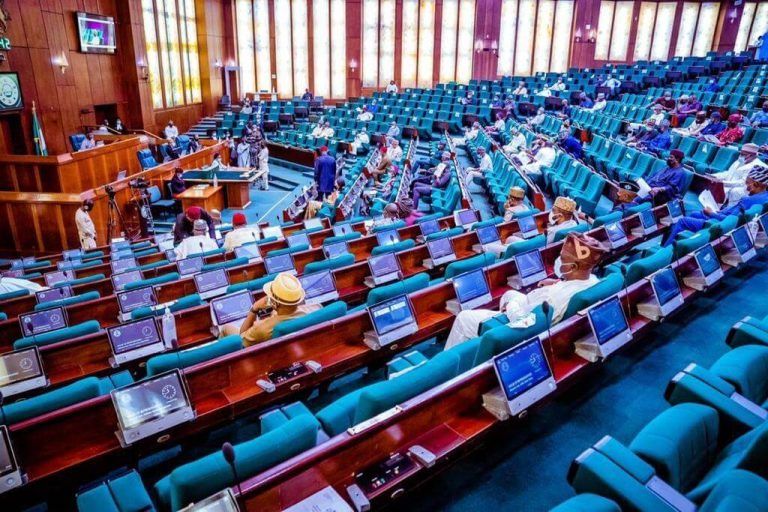The House of Representatives on Tuesday passed for second reading a bill seeking to establish the National Ear Centre in Bende, Abia State, to address the growing burden of hearing loss and related disorders across Nigeria.
The proposed legislation, titled “A Bill for an Act to Establish the National Ear Centre, Bende, for the Prevention, Management and Cure of Ear Defects and Diseases; to Establish a Board to Govern the Centre and an Academic Committee to Oversee the Centre’s Academic Affairs, and for Related Matters,” is sponsored by Deputy Speaker Benjamin Kalu and six other lawmakers.
Leading the debate on the general principles of the bill, one of the co-sponsors, Hon. Kama Nkemkanma, described hearing loss as not merely a medical concern, but a national development issue that demands urgent intervention.
“This bill is a deliberate response to the plight of millions of Nigerians who suffer, often in silence, from ear-related diseases and disabilities,” Nkemkanma stated.
“From infants struggling to develop speech due to hearing impairment to the elderly grappling with progressive deafness—this centre seeks to provide relief, treatment, and hope.”
He emphasized that ear infections, hearing loss, and other auditory disorders affect people of all ages and are among the most widespread yet under-treated health conditions in the country.
The lawmaker explained that the new centre would not only expand access to specialized healthcare but also serve as a hub for medical training and research, raising Nigeria’s capacity in otolaryngology—the branch of medicine dealing with the ear, nose, and throat (ENT).
“Mr. Speaker, honourable colleagues, permit me to speak plainly: hearing loss is a national development issue,” he said.
“According to the World Health Organization, over 1.5 billion people globally live with some degree of hearing loss, and developing countries like Nigeria bear the greatest burden.”
Nkemkanma lamented that Nigeria currently has only one National Ear Care Centre, located in Kaduna, which he said is overstretched and unable to meet the country’s growing needs.
“This bill is not proposing duplication but expansion—an essential one. It seeks to establish a second National Ear Centre in Bende as a federal referral hospital and academic centre of excellence for ENT services,” he added.
“This is not a Southeast project—it is a Nigerian project. The ear epidemic knows no ethnic, religious, or regional boundaries. By passing this bill, we send a powerful message: that no child should miss school due to an untreated ear infection, and no adult should lose a job because they can’t afford hearing care.”
He concluded by urging his colleagues to support the legislation as a national commitment to equitable healthcare access, saying: “ENT care must not be a luxury for the few—it must be a right for all.”
















